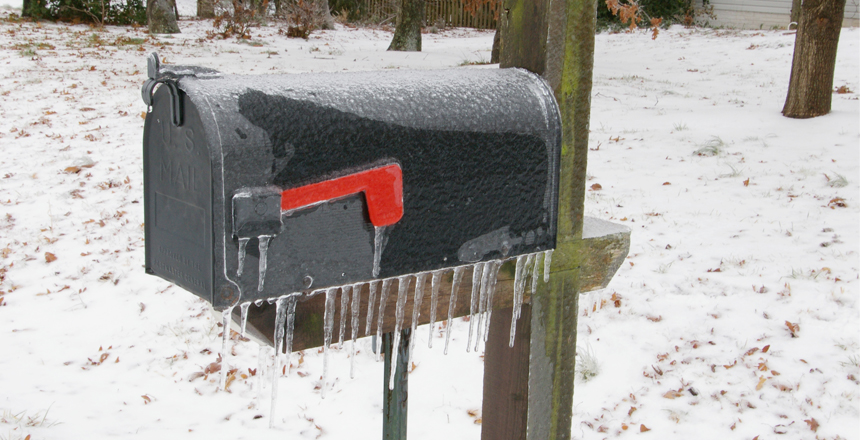My mom died a few months ago after a 15-month battle with cancer. The news spread quickly in our small community. Many of my friends knew about my mother’s illness and that I was one of her caregivers. But some of my longtime friends haven’t said anything to me — no visit, call, card, text, or even “comment.” I really like them and want to give the benefit of the doubt, as I’ve understandably kept an extremely low profile myself over the past year. But how should I take their silence? Do they feel awkward or uncomfortable, or perhaps haven’t been on the Internet like, at all??!
Related
I’m so sorry for you to go through this, because who wants to be faced with losing their friends right after they’ve lost their mom? I can tell you though, that it’s sadly really common. When people don’t know what to do, they frequently opt into the easiest move: Nothing.
First, a quick PSA for the general public. Any condolences are better than no condolences. After my mom died I got a weird scrap of paper left on my doormat that included – along with the condolences – the phrase “no wonder you’ve looked so terrible lately.” And guess what? I appreciated it!
As for “how you should take their silence?” it seems you’re wondering about their motives, since you are (rightfully) hurt by them. Understanding why they didn’t reach out would enable you to continue to have relationships with them.
There are some less-than-ideal behaviors in friendships worth overlooking (chronic lateness, cursing in front of children, inappropriate drunken comments*). This isn’t one of them. This is not to say you should reach out in anger or out of an inclination to shame. Those feelings are valid, but not at all helpful. Shaming never works (lets face it, the most effective shaming is the one we give ourselves). But I can’t imagine a friendship has much of a chance if this is not addressed head-on.
First, I’d recommend giving some serious thought as to why you want to keep these friends in your life. If you still feel they’re worth keeping (which your question suggests), reach out and give them a chance to explain themselves, whenever and however it feels most natural to you. If you don’t get some form of acknowledgment in the first few minutes of seeing/talking/emailing with you, you’re perfectly justified in dropping a truth bomb (“oh, by the by, did you know my mom died?”) on the off-chance they didn’t know. I predict that maybe one person legitimately will not have heard, and perhaps others might have heard but have been experiencing their own triggers arising from the news. Everyone else will say something about how sorry they are and that they didn’t want to bother you/upset you further. At that point, you have a choice: Offer a simple “I missed hearing from you,” or be brutally honest about how their absence affected you. Keep in mind, though, that if you choose the latter and your goal (and theirs) is to keep the friendship, you’ll need to give them a chance to right the wrong.
Unfortunately, this doesn’t guarantee the support you may expect. In that case, it’s helpful to keep in mind that just because you chose to reach out once, doesn’t mean you have to reach out again. I promise there are other people out there who will support you the way you deserve.
* Special thanks to all my friends for putting up with me!
Meg Tansey hails from New England, where talking about your feelings is frowned upon. She has lots of life experience but is not an actual therapist. Meg has a MFA from The New School and currently lives and writes in New York City. Send Meg your questions at hello@modernloss.com (subject: Ask ML).
Please note: Questions may be edited for length or clarity. Modern Loss is not a therapeutic adviser; this category should only be used as a guide. Users should verify the veracity and appropriateness of the information posted on the site with his or her own therapeutic adviser.












